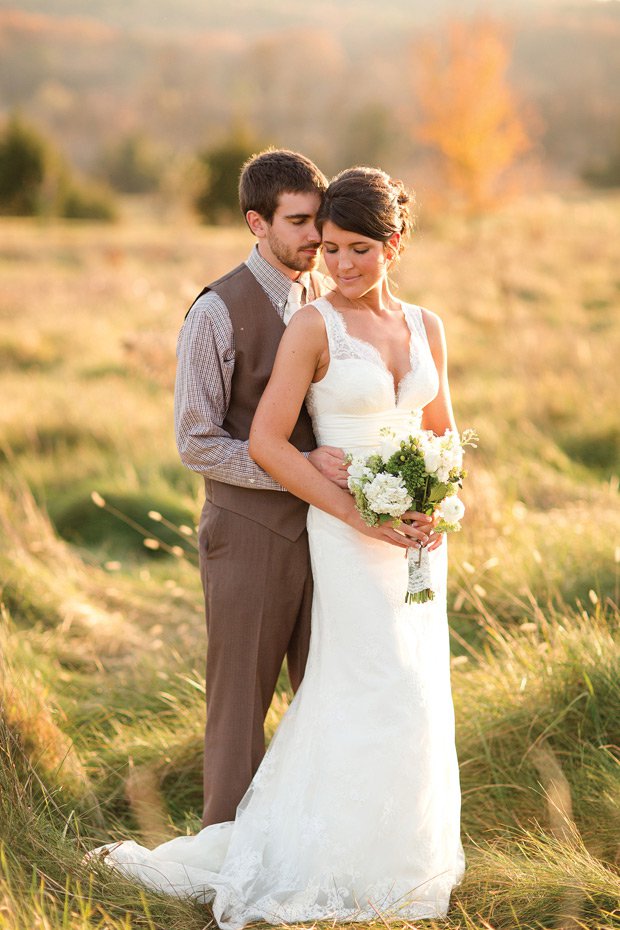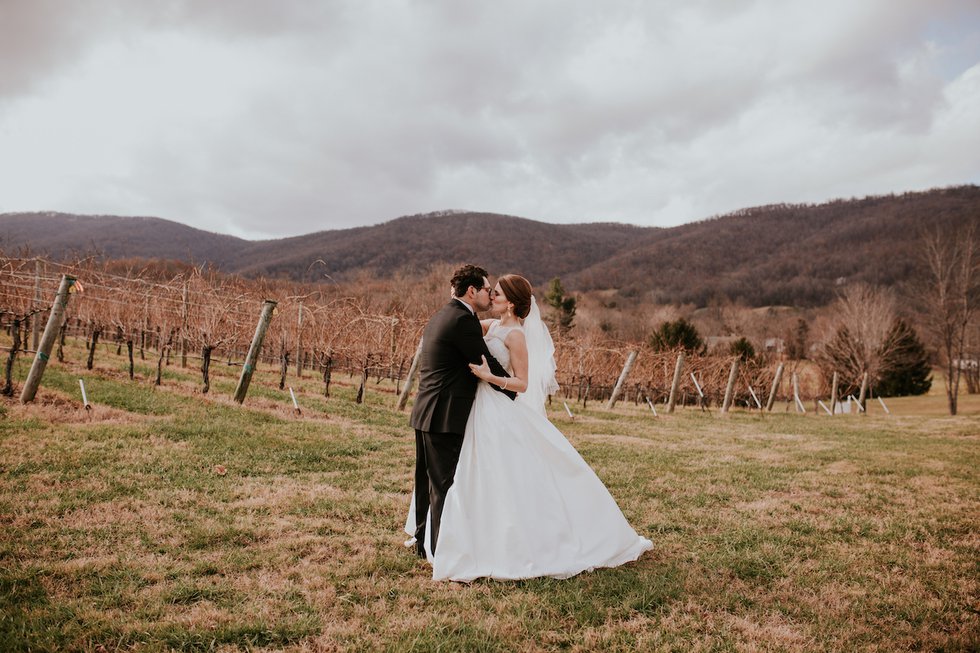Mountain Road in Glen Allen still keeps the history alive.

Courtney Road service station fuel lines

An old Texaco pump

A display of motor oil

Walkerton Tavern was buily in 1825

Tavern manager Cindy Rinker spins an old-fashioned toy with Dylan

Walkerton Tavern, overhauled as a museum in 2005
Sprawling, crowded and buzzing with harsh fluorescent bulbs—the modern gas station is hardly the kind of place where you’d want to spend a lazy Sunday afternoon. But service stations haven’t always been like this. Throughout the first half of the 20th century, filling stations were often warm and welcoming hangouts, community meeting places where locals could pick up a cold beer, chat with friends and listen to a ball game on the radio. Oh, and they sold gasoline, too.
“They were designed to look like homes, be welcoming and be sheltered from the weather,” explains Kim Sicola, curator with the Henrico County Division of Recreation and Parks. “You’d have not just gas and oil, products for your car, but also grocery items like you’d find today.”
Here in Virginia, the historic Courtney Road Service Station in western Henrico County is the perfect example of this type of mid-century gas-n-go. The small brick station, which is now owned and operated by the county as a museum and meeting space, is believed to have been built in 1925 and is characteristic of the family-owned shops that dotted the American countryside in the 1930s and ’40s.
“You figure this was around the time when most people were getting automobiles,” Sicola says. “Prior to that, people would take their gallon containers and go to hardware stores to fill up. This was really the first type of gas station.”
The building was restored in 1997 and is currently open for meetings and special occasions—like the Fourth of July, Glen Allen Day and other community events. It’s fitted with a variety of period antiques, including a vintage cash register and the building’s original wood stove, giving visitors to the tidy corner lot a sense of what the early days of automotive travel in Virginia actually looked like. Touches from the county’s vault—like roadmaps from the 1930s, old soda bottles and an antique gas pump handle—round out the collection. “It was a main strip,” Sicola says of the Mountain Road location c. 1925, “and that’s generally where these stations appeared. Not necessarily in areas that were crowded and congested, but in areas where people would get in their cars and take a long trip.”
The neighborhood isn’t so far off the beaten path these days, and what was once an isolated stretch of road has grown into a congested, high-end Richmond suburb. Actually, that’s a big part of why county leaders have been so insistent on buying up and restoring historic properties in the area. Given the growth that’s happening in Henrico, it’s now or never.
In fact, the Courtney Road station is just one part of a mile-long historic corridor along Mountain Road that also includes Crump Meadow Farm, the Cultural Arts Center at Glen Allen, the remains of John Cussons’ Forest Lodge hotel and the Walkerton Tavern, all restored properties owned by the County of Henrico.
“It’s just preserving where we came from,” Sicola says of the county’s efforts. “We can’t save everything, but certainly along Mountain Road in Glen Allen there have been so many changes over the years that it’s nice to have these sites that we can do this with.”
Part of it has to do with making local history more accessible. Stepping into the Courtney Road station is like taking a trip back to Mayberry, complete with the glass countertop and the vintage radio on the windowsill, the sort of experience you just won’t get in a standard, velvet-roped museum.
It’s the same deal at Walkerton, a c. 1875 tavern on Mountain Road that was overhauled for use as a museum and event facility in 2005. “Certainly, kids are interested in history,” explains site manager Cindy Rinker, “and this is another way for them to walk right into history without having ropes up. And while these aren’t the exact things that were in the house, they’re antiques, and hopefully it’ll be a great educational tool in that sense. Plus, it was a preservation of a beautiful building. I think they preserved history by doing it.”
But renovations don’t often happen without controversy, especially when tax dollars are involved, and the Division of Recreation and Parks, which administers all of the county’s historic properties, has dealt with its fair share of detractors over the years. Many folks don’t understand or appreciate what the county is trying to accomplish—why spruce up the old Forest Lodge cupola and install it at the corner of Mountain Road and Old Washington Highway, for example—but the department’s explanation is always the same: Everybody’s idea of leisure is different.
“Some people go to the golf course, some people play softball, some people go hiking, and some people like to go to museums, like to absorb the history of an area,” Sicola says. “So we try to appeal to as many people as we can.” And, she adds, it’s not like they’re pulling this out of thin air. After the state’s beaches, history is consistently rated as Virginia’s biggest tourist draw.
Of course, local residents have benefited, too. Structures that sat for years as little more than eyesores along Mountain Road are now being reborn as museums and community centers. Take the Cultural Arts Center, for instance. Opened in 1999, the center now hosts theater groups, art exhibits, classes, concerts and other cultural events in a building that was, from 1911 to ’78, occupied by the Glen Allen School.
And, in an area that’s changing as quickly as western Henrico, a little bit of local history can go a long way.
“Most locals know about John Cussons and Forest Lodge, but for people who are new to the area, it’s kind of a neat little story,” Sicola says. “And when you have these roadside markers, you don’t have to be open to the public—all you have to do is drive by on a nice day. I think it’s done a lot for roadside beautification, for a great drive up and down Mountain Road.”
—Originally Published August 2006.
Info at ArtsGlenAllen.com or at HenricoHistoricalSociety.org.









